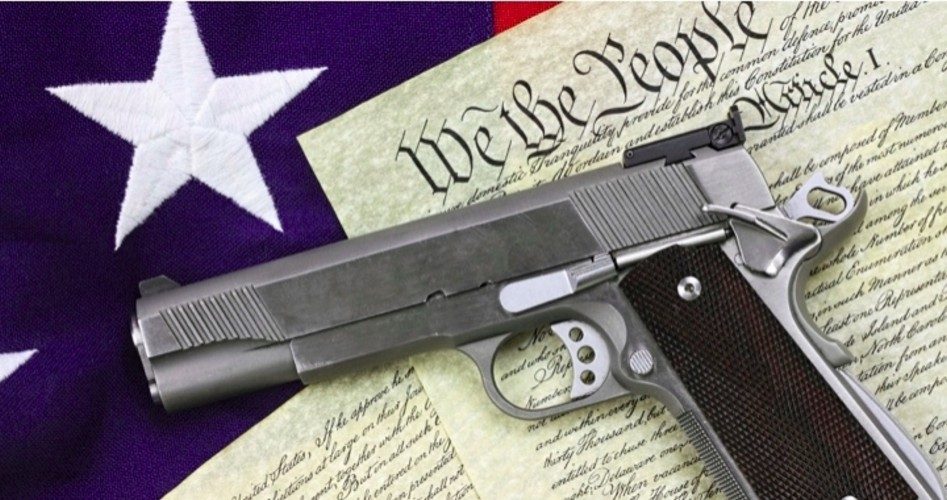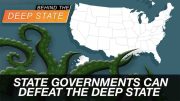
Two days after District Court Judge Roger Benitez ruled that California’s law requiring background checks in order to purchase ammunition was unconstitutional on April 23, the Ninth Circuit reversed his decision.
This is the second time one of Benitez’s decisions ruling in favor of the Second Amendment was reversed, and both cases are now likely to find the issues decided at the highest court in the land.
Benitez’s ruling on the first, Virginia Duncan v. Xavier Becerra (Becerra is the attorney general of California), ran 86 pages. The judge reviewed all the reasons the State of California presented to support the law limiting magazines to just 10 rounds. California voters had approved the measure in 2016 and it became effective two years later.
{modulepos inner_text_ad}
His ruling came down to this:
The magazine ban arbitrarily selects 10 rounds as the magazine capacity over which possession is unlawful. The magazine ban admits no exceptions, beyond those for law enforcement officers, armored truck guards, and movie stars. The ban does not distinguish between citizens living in densely populated areas and sparsely populated areas of the state.
The ban does not distinguish between citizens who have already experienced home invasion robberies, are currently threatened by neighborhood burglary activity, and those who have never been threatened.
The ban does not distinguish between the senior citizen, the single parent, and the troubled and angry high school drop-out. Most importantly, the ban does not distinguish between possession in and around one’s home, and possession in or around outdoor concerts, baseball fields, or school yards.
The ban on magazines that hold more than 10 rounds amounts to a prohibition on an entire class of “arms” that is overwhelmingly chosen by American citizens for the lawful purpose of self-defense. The prohibition extends to one’s home where the need to defend self, family, and property is most acute.
And like the ban struck down in Heller, the California ban threatens citizens, not with a minor fine, but a substantial criminal penalty….
Under any level of heightened scrutiny, the ban fails constitutional muster.
Judge Benitez took the opportunity to review some history behind the Second Amendment:
The reason for the adoption of the Second Amendment was to protect the citizens of the new nation from the power of an oppressive state. The anti-federalists were worried about the risk of oppression by a standing army.
The colonies had witnessed the standing army of England marching through Lexington to Concord, Massachusetts, on a mission to seize the arms and gunpowder of the militia and the Minutemen — an attack that ignited the Revolutionary war.
With Colonists still hurting from the wounds of war, the Second Amendment guaranteed the rights of new American citizens to protect themselves from oppressors foreign and domestic.
So, now it is ironic that the State whittles away at the right of its citizens to defend themselves from the possible oppression of their State.
The second ruling by Benitez, in Kim Rohde v. Xavier Becerra, was just as clear. The judge said that it simply made no sense to require background checks for the purchase of ammunition, and the ban was unconstitutional as well:
The experiment has been tried. The casualties have been counted. California’s new ammunition background check law misfires and the Second Amendment rights of California citizens have been gravely injured.
In this action, Plaintiffs seek a preliminary injunction enjoining California’s onerous and convoluted new laws requiring ammunition purchase background checks and implementing ammunition anti-importation laws.
… The motion for preliminary injunction is granted.
Benitez’ reasons for granting the injunction included: 1) “criminals, tyrants, and terrorists don’t do background checks”; 2) “the implementing regulations systematically prohibit or deter an untold number of law-abiding California citizens from undergoing the required background checks”; 3) “the standard background check rejected citizens who are not prohibited persons approximately 16.4% of the time”; and 4) “the ammunition anti-importation laws [included in the laws] directly violate the [U.S. Constitution’s] Commerce Clause.”
Benitez made the following point, especially poignant at this moment in time when Americans have been far too willing to give up precious rights to gain precious little security:
Maintaining Second Amendment rights are especially important in times like these. Keeping vigilant is necessary in both bad times and good, for if we let these rights lapse in the good times, they might never be recovered in time to resist the next appearance of criminals, terrorists, or tyrants.
With more than 200 pages of tightly reasoned and carefully annotated sources, Judge Benitez has accomplished at least two important things: one, he has largely done the homework for the Supreme Court when these cases arrive on their docket.
And two, he demonstrates the importance of having a judge such as himself standing in the gap and explaining succinctly and persuasively just how voters and anti-gun politicians simply cannot override those guarantees in a vapid quest for evanescent protection from criminals, terrorists, or tyrants.
An Ivy League graduate and former investment advisor, Bob is a regular contributor to The New American, writing primarily on economics and politics. He can be reached at [email protected].



